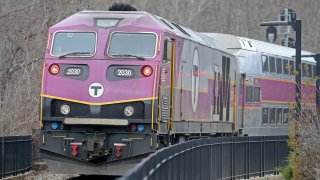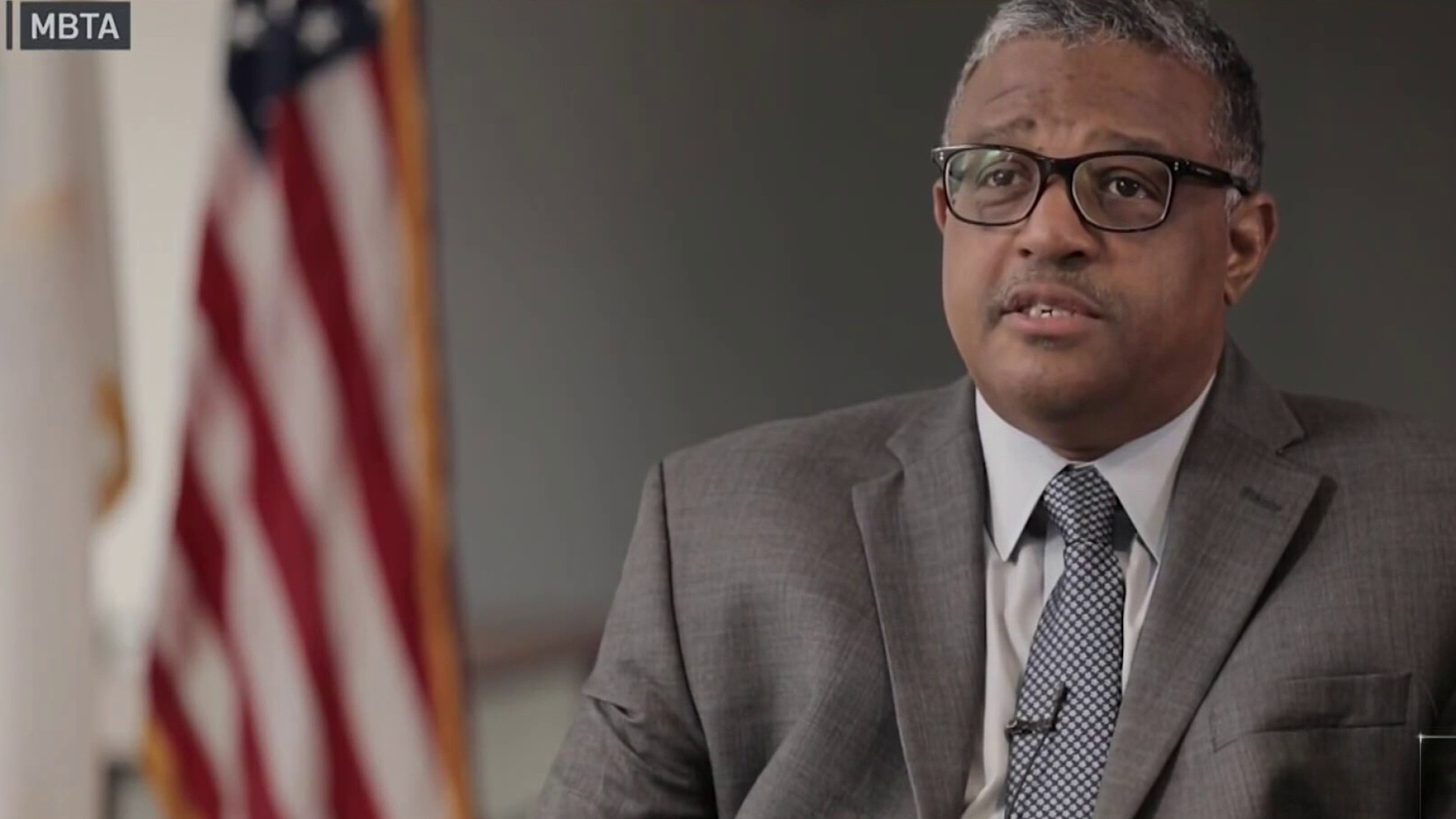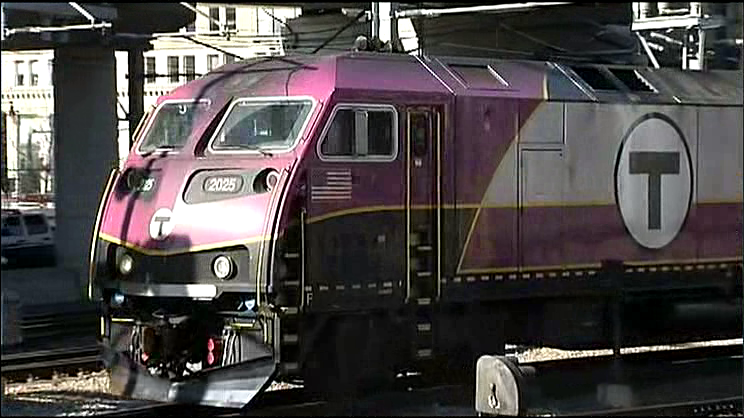
The state on Thursday gave more flexibility to cities and towns required to have at least one zone in which denser, multi-family housing is permitted, but also expanded the list of state grant opportunities that can be denied to any town that does not comply with the law meant to spur badly-needed housing production.
An law signed in January 2021 requires that every MBTA community have at least one zoning district near a transit station in which multi-family housing is allowed as of right. The Executive Office of Housing and Livable Communities announced updated guidelines Thursday, newly allowing housing units in mixed-use buildings with commercial space required on the ground floor to count towards a community's compliance with the law. The changes do not reduce the total unit capacity required.
WATCH ANYTIME FOR FREE
>Stream NBC10 Boston news for free, 24/7, wherever you are. |
The secretariat said the revisions were made "[i]n response to feedback from municipal leaders in several MBTA Communities." Brookline Town Administrator Chas Carey said Thursday that his town's leadership was instrumental in advocating for the "commonsense solutions that let us sustainably build affordable housing where people want to live, work, and play." He said the Brookline Select Board voted Tuesday to adopt a zoning proposal that mandates ground-floor commercial uses along portions of Harvard Street.
Get updates on what's happening in Boston to your inbox. Sign up for our >News Headlines newsletter.
"The MBTA Communities law is a vital tool to incentivize and expedite much-needed housing development across the state," Secretary of Housing Ed Augustus said. "These updated guidelines demonstrate a collaborative effort with MBTA Communities to implement the law, ensure compliance, and provide reasonable adjustments to zoning requirements without reducing the total number of required housing units."
Augustus's office said it will now take into consideration the existence and impact of "mixed-use" zoning that requires ground floor commercial uses in buildings that also allow residential units as of right on other floors. The administration said MBTA communities always could allow ground floor commercial in proposed multi-family zoning districts, but residential units in properties that required commercial space did not count for compliance calculations before the changes announced Thursday.
"We urgently need to clear the way to build more housing in our suburban communities, but we don't want to squeeze out our restaurants, retailers, and other merchants in the process. These guideline adjustments will go a long way towards protecting our mom-and-pop merchants and small downtowns while -- thanks to additional housing -- will also create the vibrancy and foot traffic our small businesses need to thrive," Greg Reibman, president of the Charles River Regional Chamber, said.
Massachusetts trails 40 other states when it comes to increasing its housing stock, having authorized 5.9 new units of housing per 1,000 existing units in 2022. A report out this week from Construction Coverage said that was about half the national rate of 11.7 new units per 1,000 existing units.
Greg Vasil, president and CEO of the Greater Boston Real Estate Board, said that the "best way to address the housing crisis is through housing creation" and that his organization is happy the Healey administration is "moving with purpose and speed to do whatever it can to create more housing where it's needed most."
"We are hopeful these guidelines will jumpstart the creation of units in MBTA communities, which can and must do more to help meet the need, while also creating more retail to help further spur economic growth in these vital areas," he said.
There are 177 cities and towns that are considered "MBTA communities" and are subject to the law's requirements because they either host MBTA service or are adjacent to a town that does. Currently, 176 of those municipalities are in compliance, the Healey administration said. The one non-compliant town is Holden, according to Lawyers for Civil Rights, and the Worcester suburb is being sued by the Central Massachusetts Housing Alliance for its refusal to comply with the law.
Towns that don't comply with the law are not eligible for three significant state grant programs: MassWorks, the Housing Choice Initiative and the Local Capital Projects Fund. The Healey administration announced Thursday that it will consider compliance with the MBTA community zoning law when making funding decisions for 13 other programs, "emphasizing the seriousness with which the Healey-Driscoll Administration views compliance."
Those grant programs are: community planning grants, Massachusetts Downtown Initiative, Urban Agenda, Rural and Small-Town Development Fund, Brownfields Redevelopment Fund, Site Readiness Program, Underutilized Properties Program, Collaborative Workspace Program, Real Estate Services Technical Assistance, Commonwealth Places Programs, land use planning grants, local acquisitions for natural diversity grants, and Municipal Vulnerability Preparedness Planning grants.



